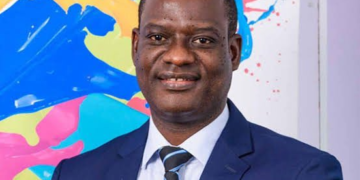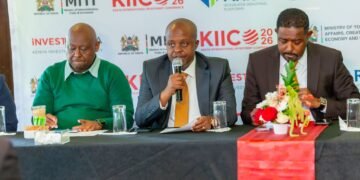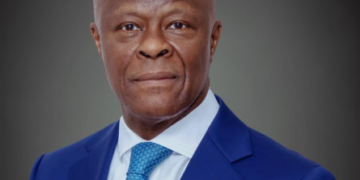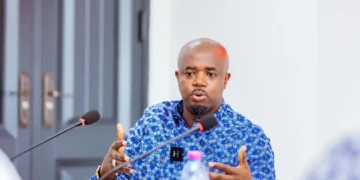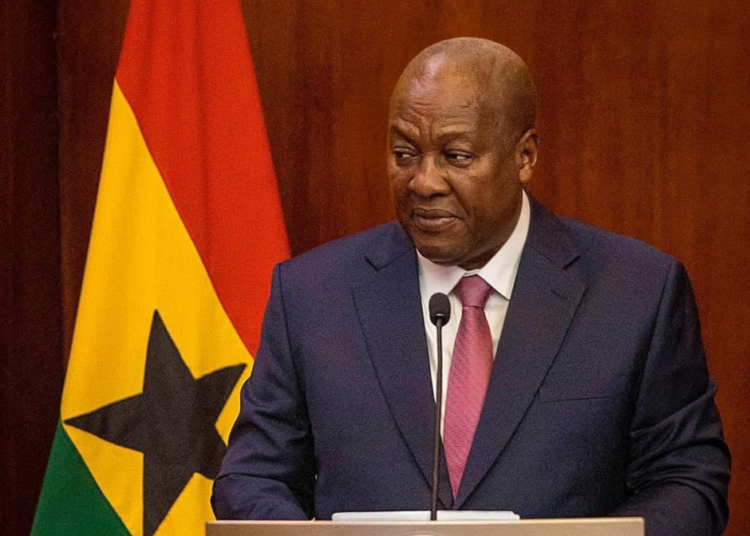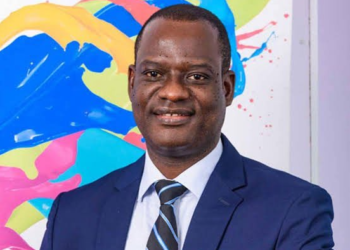Ghana’s President, John Dramani Mahama, has endorsed Solana cryptocurrency as a transformative tool for advancing financial inclusion and fostering fintech innovation across Africa. His endorsement coincided with Solana’s fifth anniversary of its mainnet launch on March 16, 2020.
Speaking at the African Fintech Summit in Accra over the weekend, President Mahama underscored the potential of blockchain technology—particularly Solana’s low-cost, high-speed capabilities—to revolutionize financial services and bridge the continent’s financial access gap.
“Financial inclusion isn’t just a need for Ghana—it’s essential for all of Africa. With its low transaction costs, Solana could be the key to driving fintech growth and enabling cryptocurrency payments and investments across the continent,” Mahama stated on his X account.
Addressing Africa’s Unbanked Population
In his keynote address, Mahama highlighted the pressing need to address the unbanked population, noting that over 60% of Africans lack access to traditional banking services. He pointed to decentralized finance (DeFi) as a viable solution to overcome the limitations of conventional financial systems.
ALSO READ: CHRISTIAN YOHUNO SWORN IN AS GHANA’S POLICE CHIEF
“With over 60% of Africa’s population still unbanked, blockchain technology—especially platforms like Solana—offers an opportunity to redefine financial access,” he said.
While Nigeria, Kenya, and South Africa lead in crypto adoption for remittances, peer-to-peer payments, and digital savings, Mahama acknowledged regulatory challenges and market volatility. He called for balanced, forward-thinking policies to unlock the economic potential of blockchain technology.
“We must embrace blockchain technology, not fear it. A well-regulated crypto ecosystem can unlock massive economic potential for Africa,” he added.
A Call for Collaboration and Innovation
Mahama urged public and private sector stakeholders to collaborate on blockchain-powered solutions that address Africa’s economic challenges. He also emphasized the importance of investing in fintech startups, promoting digital literacy, and advancing blockchain education to ensure Africa remains competitive in the global digital economy.
Addressing environmental concerns, Mahama highlighted that Solana’s energy-efficient infrastructure is more sustainable compared to older blockchains like Bitcoin, making it a greener choice for Africa’s digital future.
Solana’s Growing Influence in the Blockchain Space
Since its mainnet launch in 2020, Solana has become a dominant player in the DeFi sector, completing over 408 billion transactions and surpassing $1 trillion in cumulative trading volume.
Solana’s influence is reflected in its rising developer engagement and institutional recognition:
–Developer Growth: Solana surpassed Ethereum as the most popular blockchain for new developers in 2024, onboarding 7,625 new developers—19.5% of all new blockchain developers, according to Electric Capital’s 2024 report.
–Institutional Adoption: Solana’s inclusion in exchange-traded fund (ETF) applications and the CME Group’s planned launch of Solana futures contracts reflect increasing mainstream acceptance.
–DeFi Expansion: With over $7 billion in total value locked (TVL) across its protocols, Solana’s DeFi ecosystem continues to grow, according to DeFiLlama data.
Solana operates with over 1,300 validators, ensuring decentralization, robust security, and high transaction throughput, reinforcing its position as a leading blockchain for the future of digital finance.



